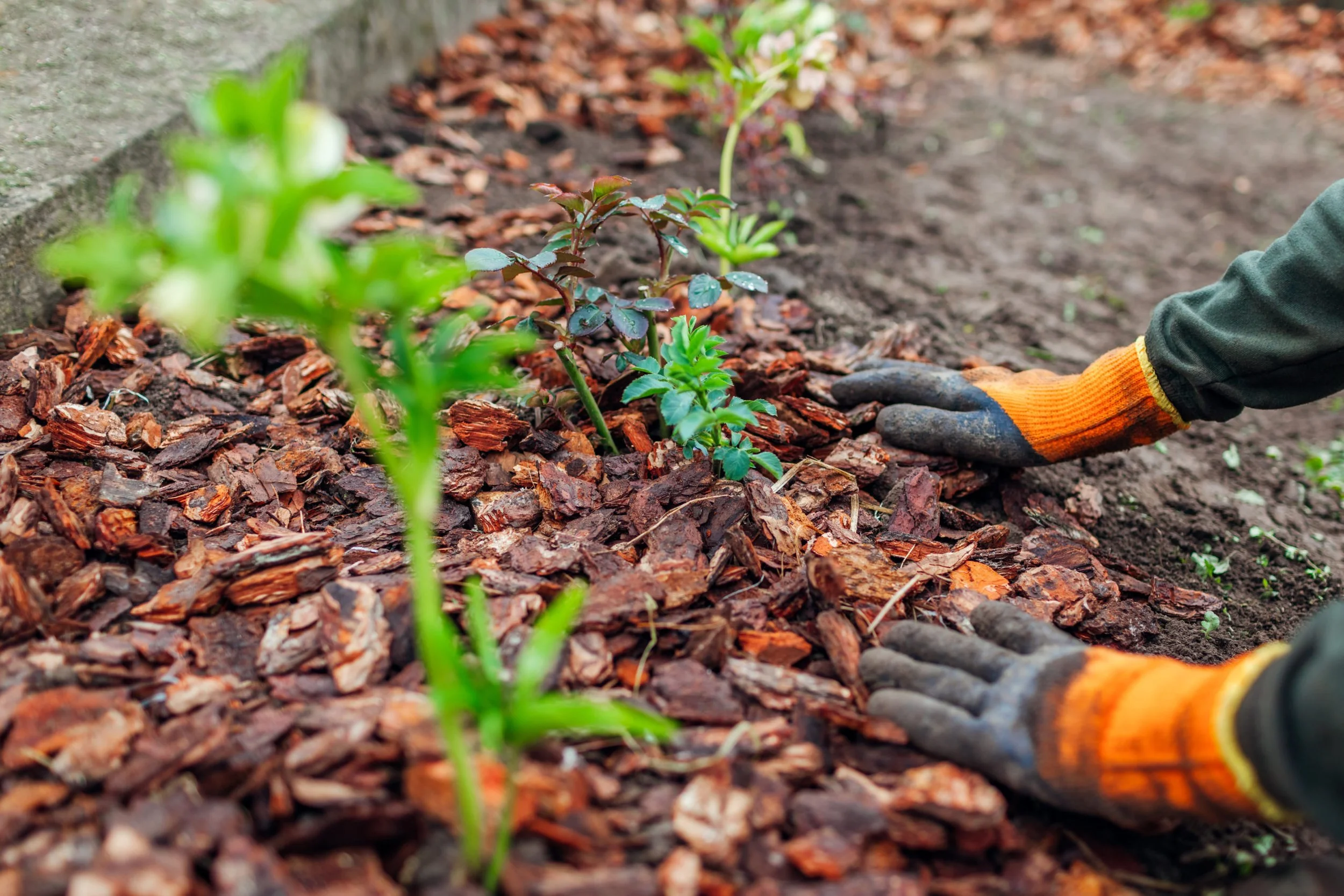Late summer maintenance for a Lush Landscape
Maintaining a garden that exudes vitality and lushness through the heat of August requires a nuanced approach. Our landscape design team shares insights on keeping gardens at their peak during this transitional period.
Watering
Watering is essential, but how and when you water can make all the difference. In late summer, deep watering is crucial to ensure plants develop strong root systems. I recommend watering early in the morning or late in the evening to minimize evaporation and make the most of each drop.
Deep watering encourages roots to grow deeper, making plants more drought-resistant. Consistency is key—establishing a watering routine helps plants thrive. Using soaker hoses or drip irrigation can ensure that water reaches deep into the soil, promoting healthier roots.
Pruning and Deadheading for Continued Bloom
Pruning and deadheading are vital for encouraging new growth and extending the blooming period of your plants. Removing spent flowers prevents plants from wasting energy on seed production and directs their energy towards developing new blooms.
Think of pruning as giving your garden a haircut. It's about shaping and encouraging healthier, more vigorous growth. By removing dead or diseased branches, you also improve air circulation, which helps prevent fungal infections.
deadheading can be done with a pinch of thumb and forefinger or clippers.
Mulching
Mulching is more than just a protective layer; it's a critical part of soil health. Organic mulch helps retain moisture, suppress weeds, and regulate soil temperature. As it breaks down, it enriches the soil with essential nutrients.
Mulching is like giving your soil a cozy blanket. It conserves moisture and keeps roots cool during hot spells. I prefer using organic materials like shredded leaves, straw, or bark mulch, which decompose slowly and add valuable nutrients back into the soil.
Nutrient Management
Late summer is an ideal time for a final round of fertilizing. Choose a balanced, slow-release fertilizer to provide a steady supply of nutrients, helping plants build up their reserves for the coming colder months.
A good late summer feed boosts plants' resilience. It prepares them for the stress of winter and gives them a head start for spring. I recommend a balanced fertilizer that provides essential nutrients like nitrogen, phosphorus, and potassium to keep plants strong and healthy.




